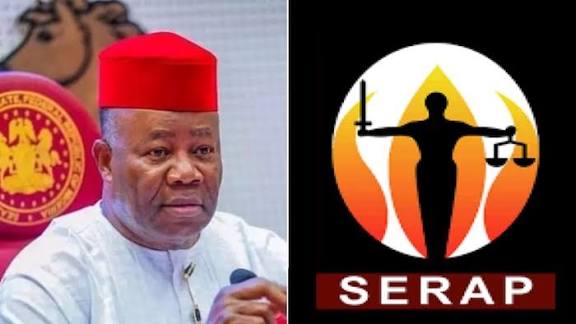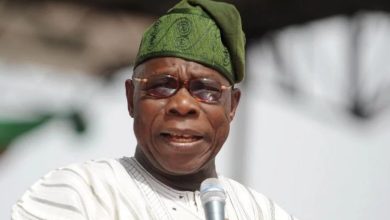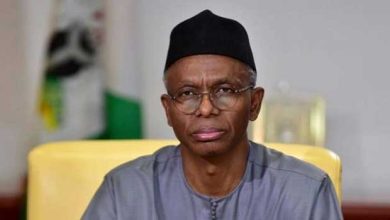SERAP demands explanation from Akpabio, Abbas over missing N18.6bn in NASS project funds

The Socio-Economic Rights and Accountability Project (SERAP) has called on Senate President Godswill Akpabio and House Speaker Tajudeen Abbas to provide a full account of N18.6 billion allegedly missing from the National Assembly Commission Office Complex project.
In a letter dated October 18, 2025, and signed by SERAP Deputy Director Kolawole Oluwadare, the organisation referenced the 2022 Auditor-General of the Federation’s report, which flagged serious irregularities in the award and payment of contracts related to the project.
SERAP urged the presiding officers to disclose the name of the construction company that received the funds, alongside details about its directors, shareholders, and registered address.
The Auditor-General’s report revealed that the contract was awarded without due process, including a lack of needs assessment, public advertisement, or bidders’ quotations.
The report also exposed an inflated contract value by N6.9 billion linked to the conversion of a roof garden into office space, with payments made despite no valid agreement or Federal Executive Council approval.
According to the Auditor-General, N11.6 billion was paid to an unknown company over 24 months, raising fears that the entire N18.6 billion allocated may be missing.
Describing the findings as “grave violations of public trust and the Nigerian Constitution,” SERAP called for transparency and accountability to rebuild public confidence.
The group has given the National Assembly seven days to respond and threatened legal action if there is no compliance.
SERAP also urged Akpabio and Abbas to refer the matter to anti-corruption agencies for investigation and recovery of any missing funds, stressing that failure to do so perpetuates corruption and undermines national development.
The organisation reminded the legislature of its constitutional responsibility to promote national prosperity and combat corrupt practices under Sections 13, 15(5), and 16 of the 1999 Constitution, as well as Nigeria’s obligations under the UN Convention against Corruption.



